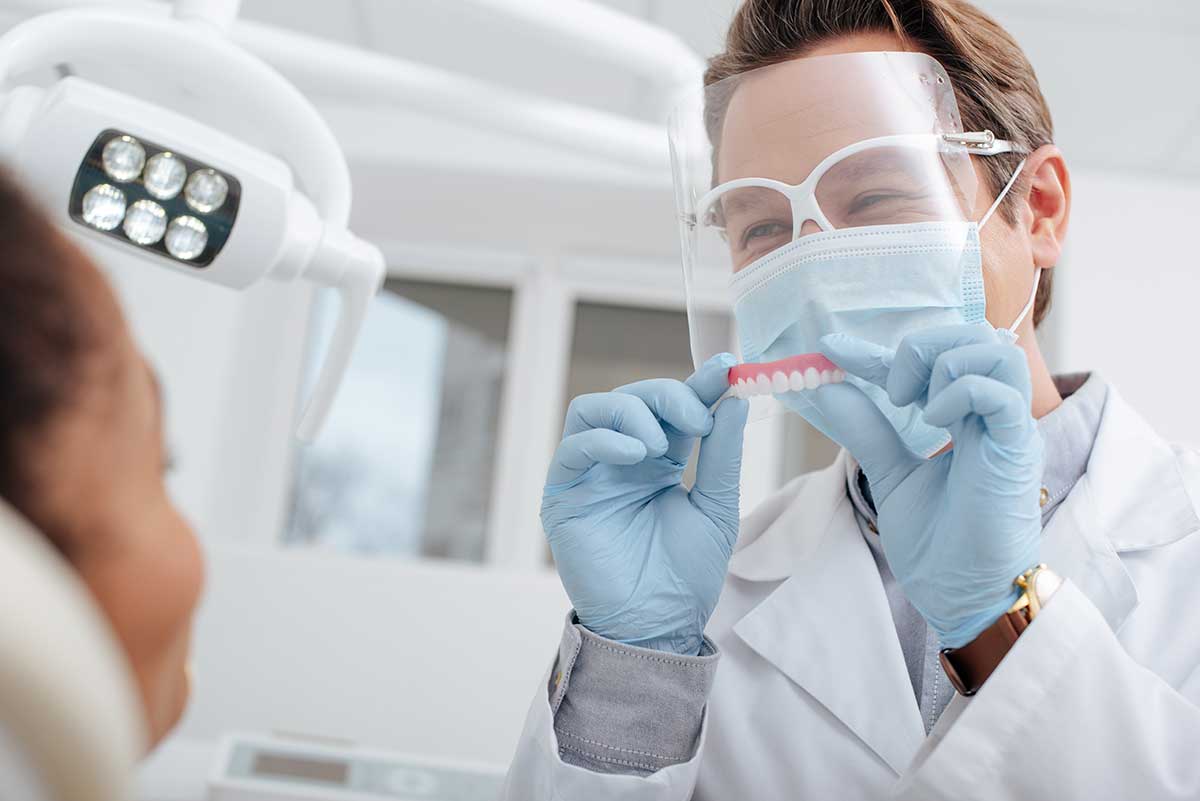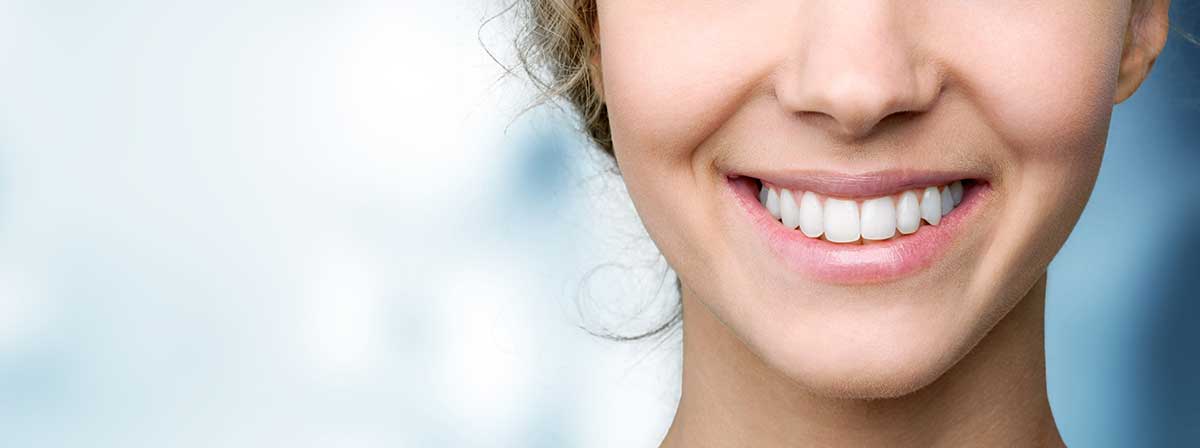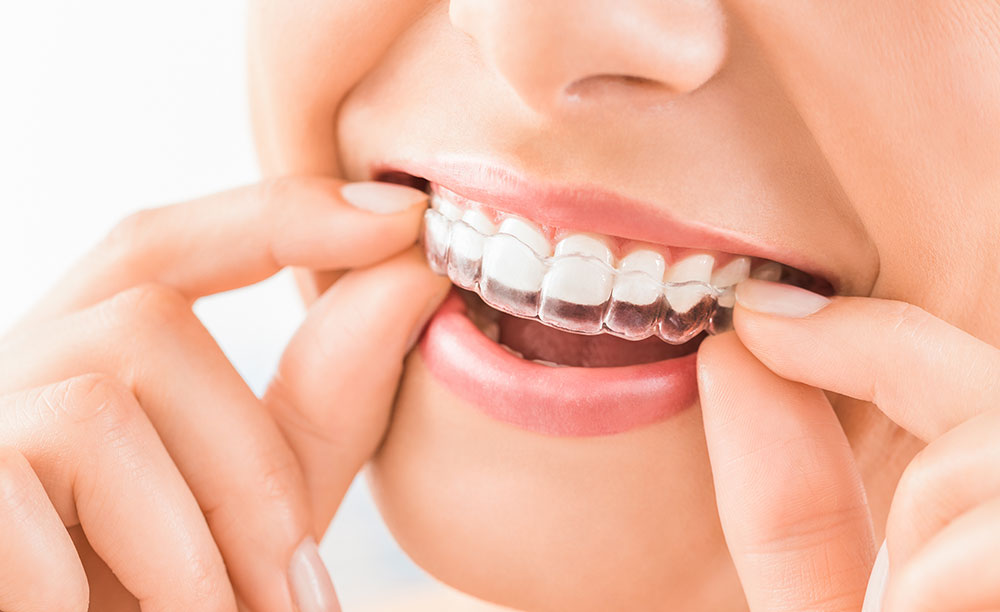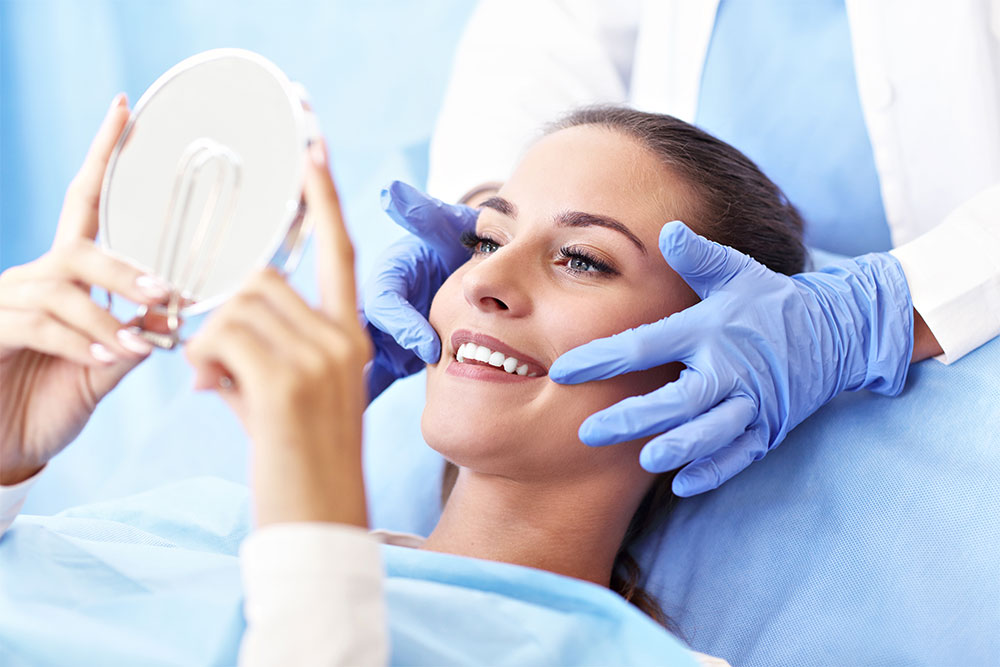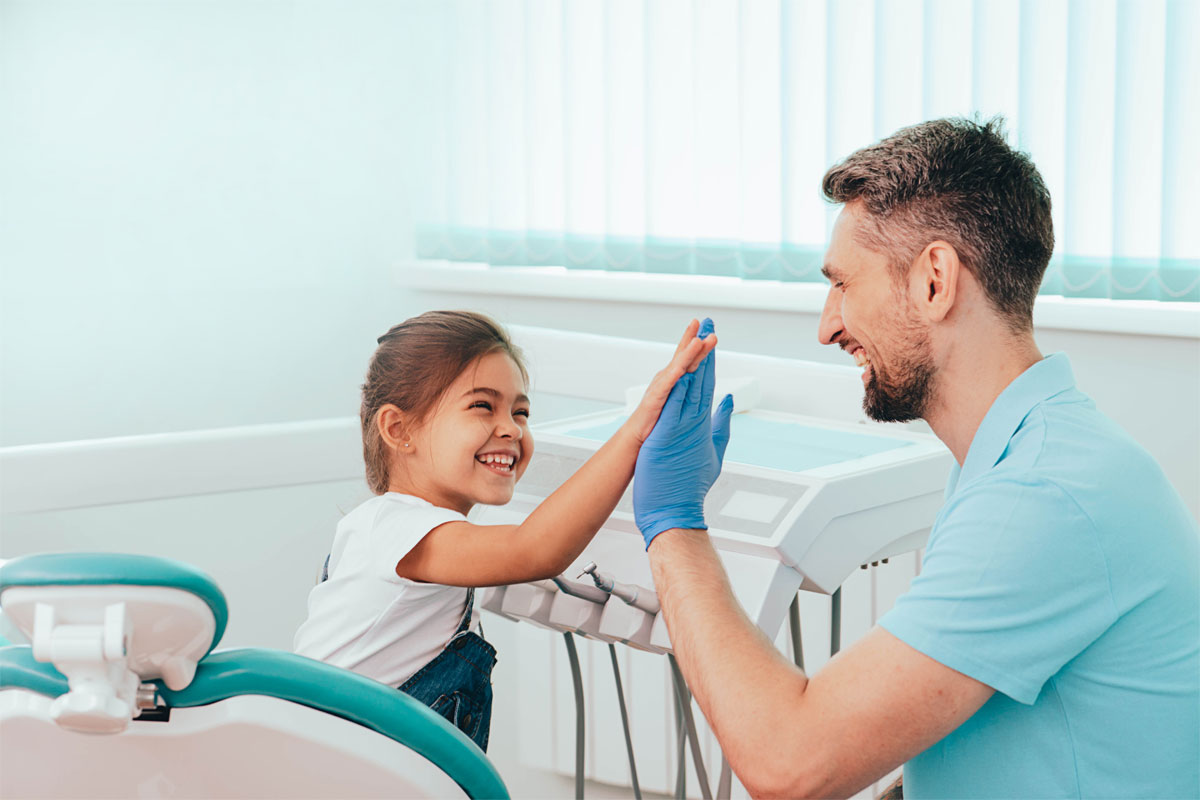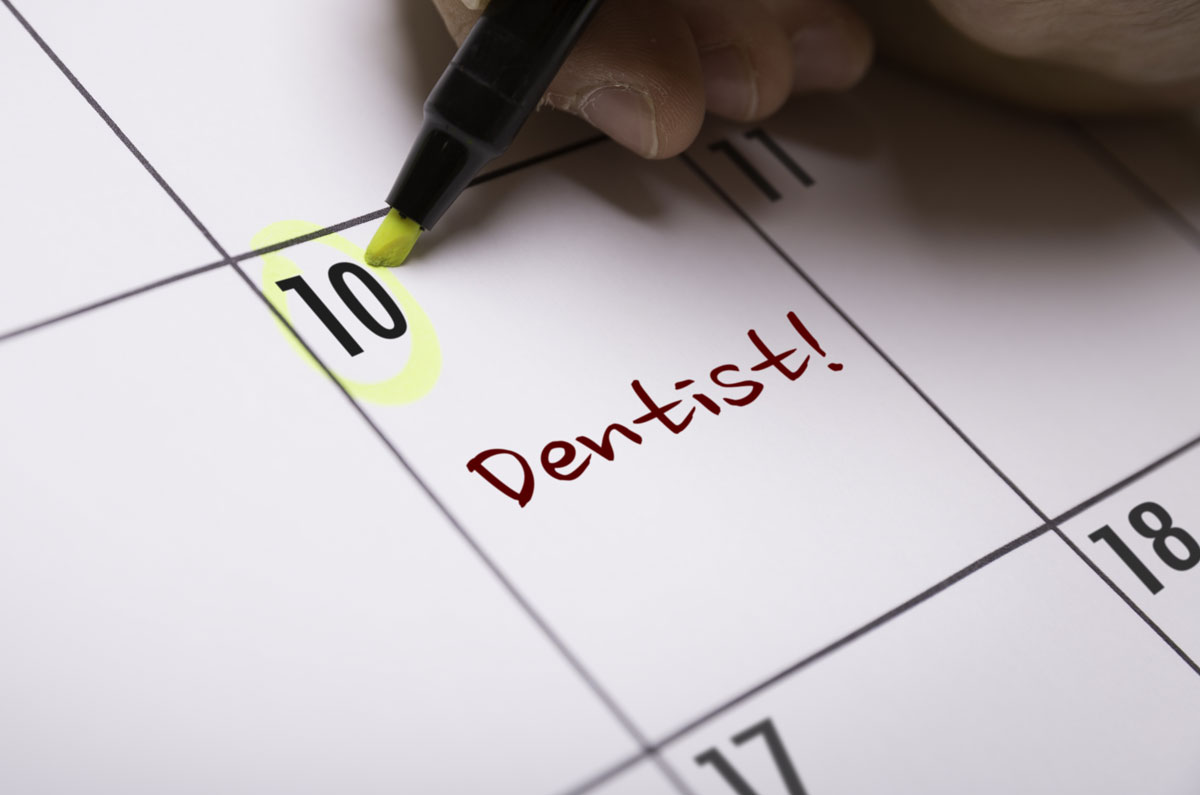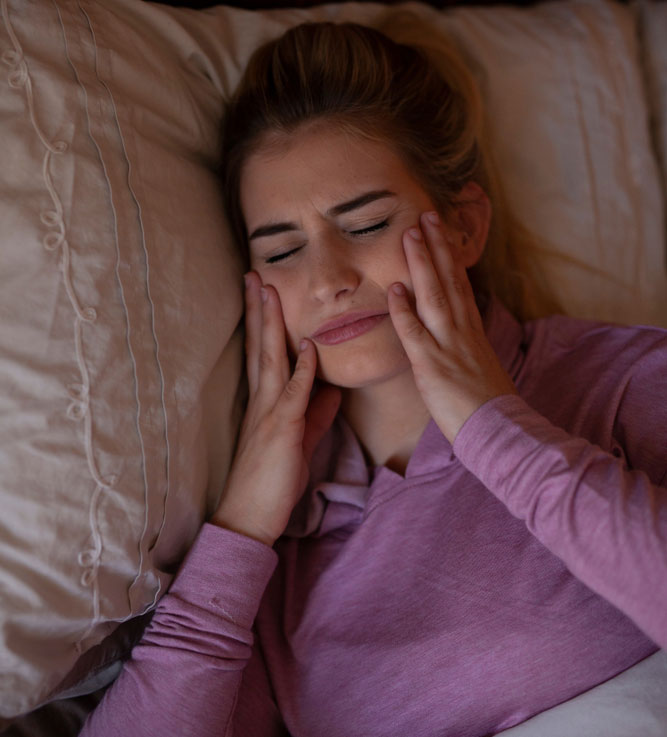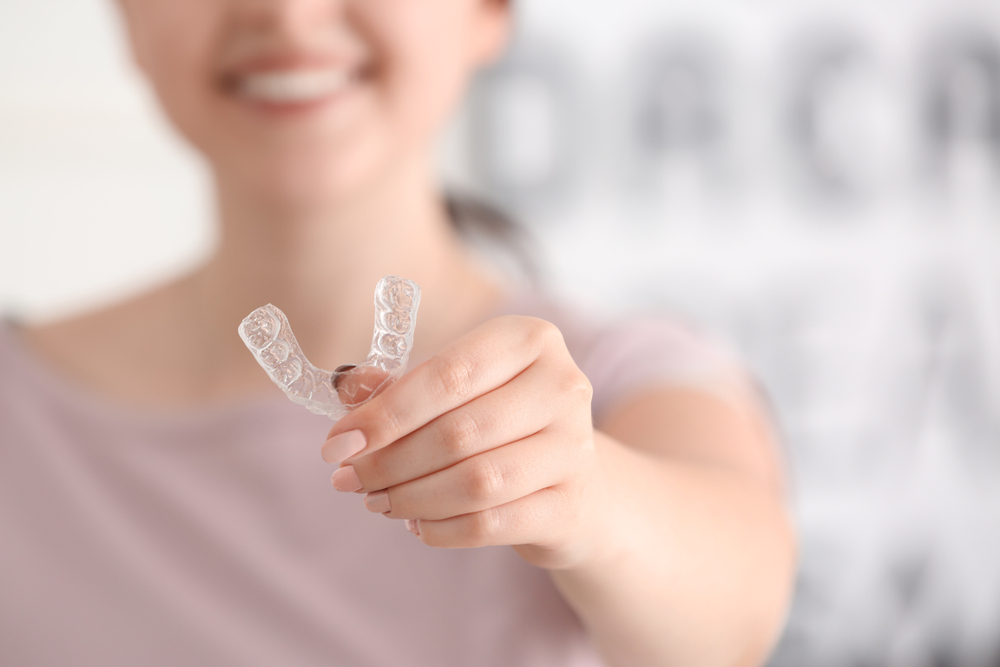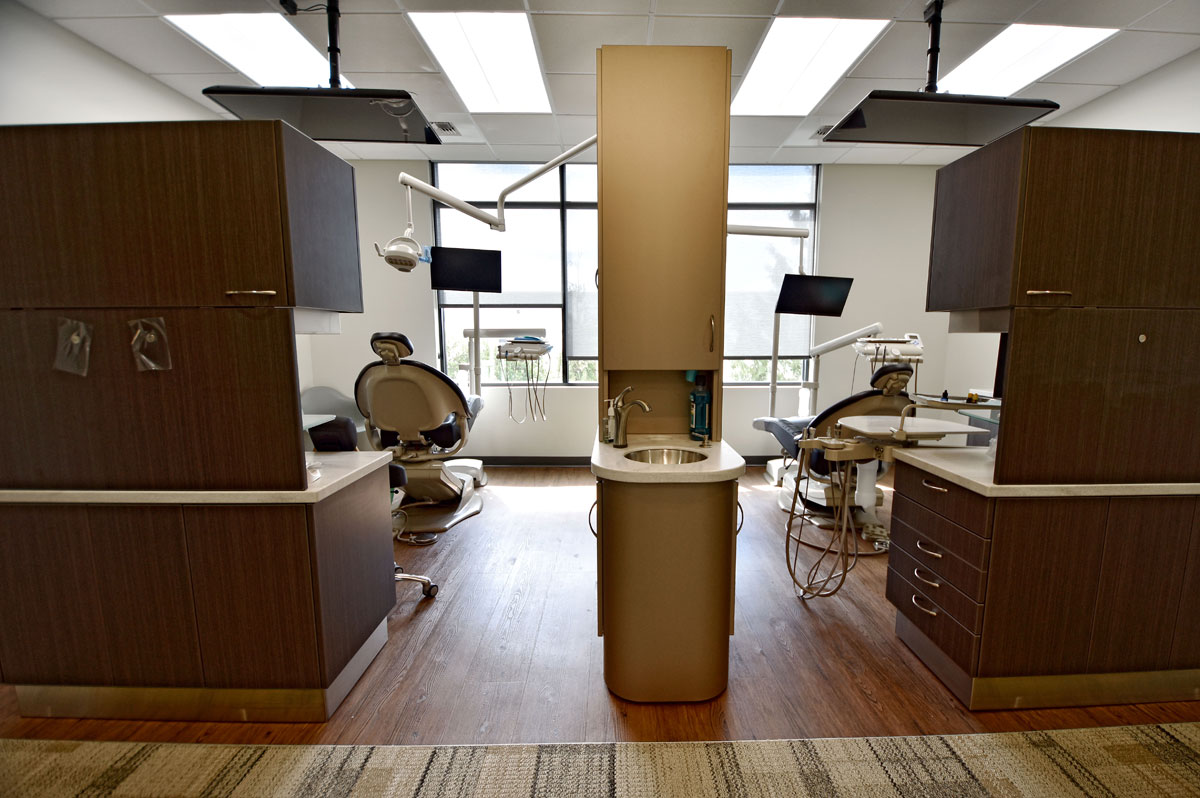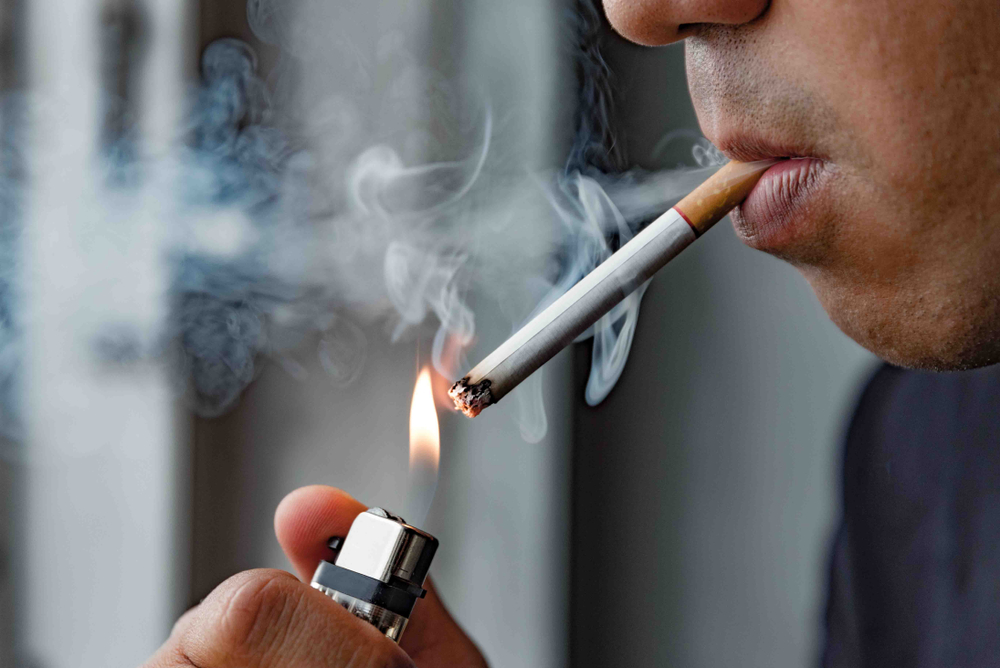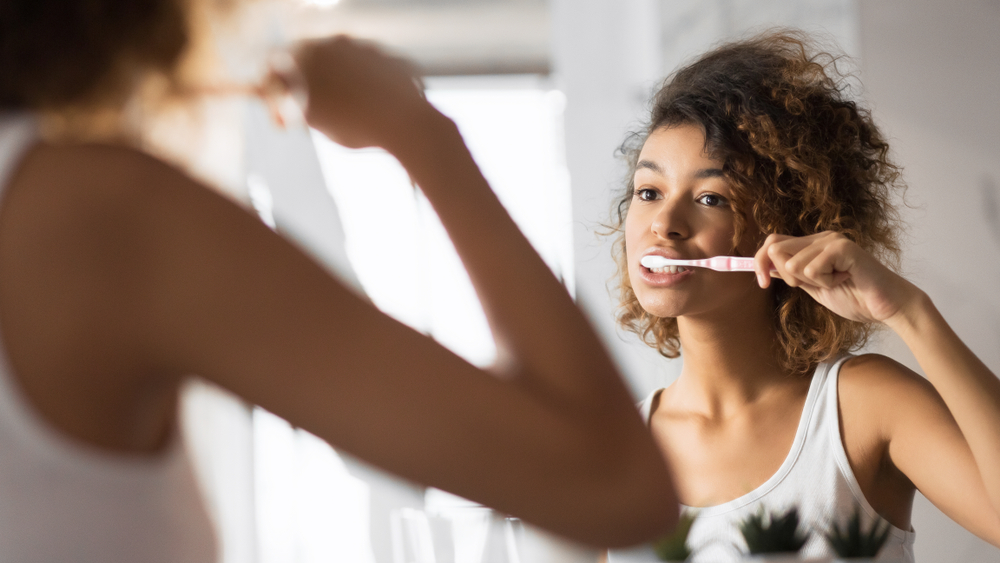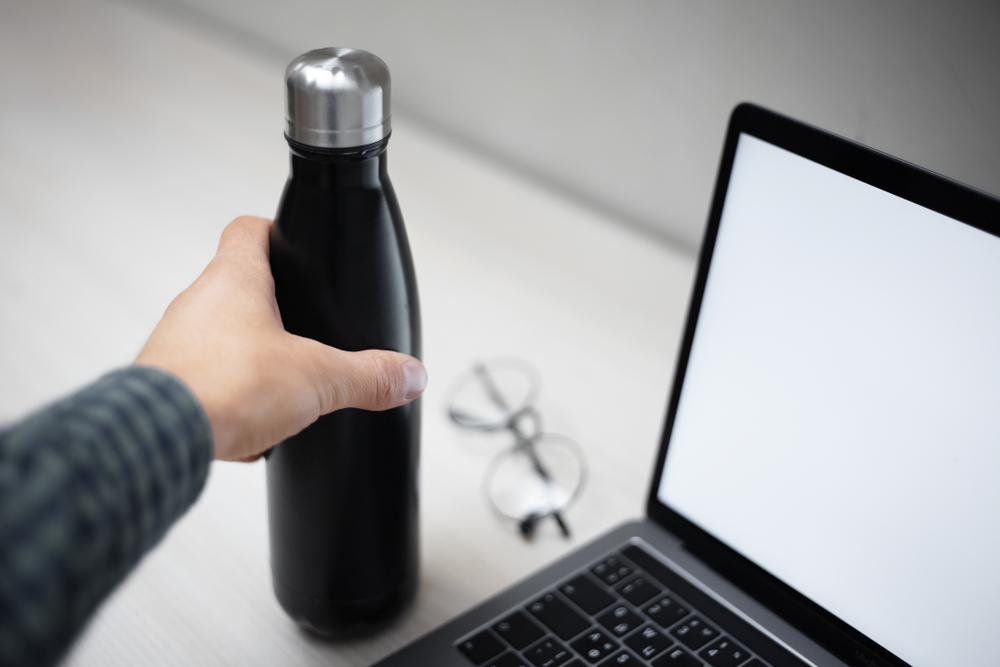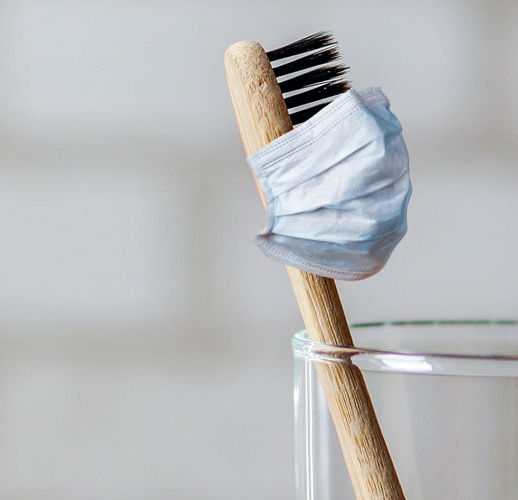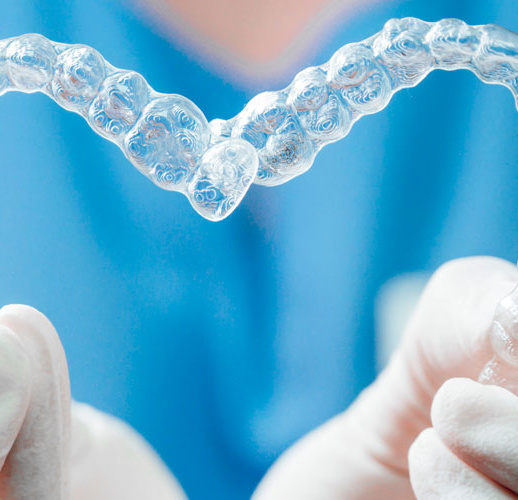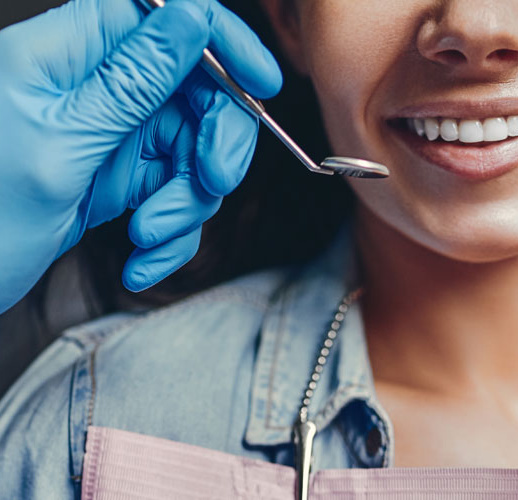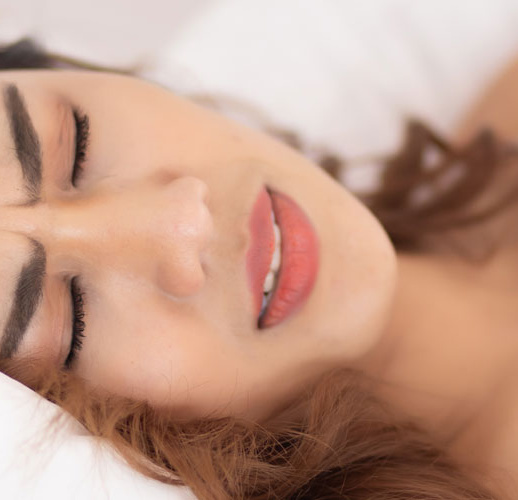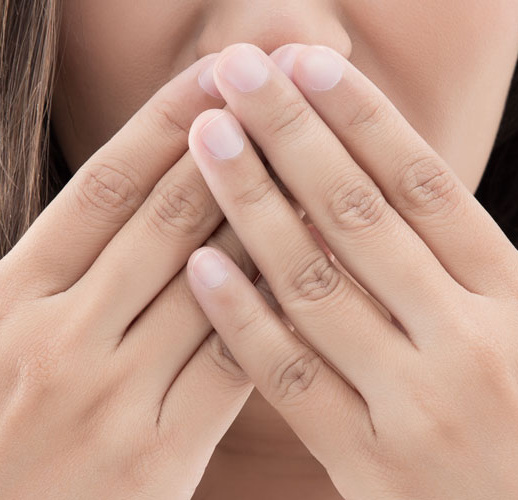
Can You Brush Your Teeth Too Hard?
If you’re asking this question, that means that you’re brushing your teeth. Way to go! It’s great that you’re practicing good oral hygiene habits at home. However, when brushing one’s teeth, is it possible to try too hard?
Yes, it is possible – and actually quite easy – to brush your teeth too hard. When you use too much pressure and brush too vigorously, you can actually do quite a bit of damage, harming your enamel and weakening your gums.
5 Signs You're Brushing Too Hard
1. Gum Problems
If your gums look swollen or red or bleed after you brush, then you’re likely pressing too hard. Eventually, brushing too hard will cause your gums to recede.
2. Sensitivity
Brushing too hard can lead to receding gums and wear out your enamel which can cause severe sensitivity to temperature, pressure, and sugar.
3. Cavities or Abscesses
Worn enamel and receding gums put you at increased risk of tooth decay and infections along the gum line.
4. Teeth Appear Darker Near Gums
When gums recede as a result of brushing too hard, it will expose the dentin of your teeth. Dentin appears slightly darker than the portion of teeth covered with enamel.
5. Pain
Brushing your teeth should never be a painful experience. If you ever feel any pain while you’re brushing your teeth, then you’re probably applying too much pressure or you might have a dental problem.
How to Brush Your Teeth Properly
If you’ve been a bit overzealous about brushing your teeth, you’re not alone. It’s estimated that 20% of Americans brush too hard. If you have any of the above symptoms, now is the perfect time to learn proper brushing.
First, start with a toothbrush that has soft or extra-soft bristles. Next, only grasp the toothbrush using three fingers (thumb, index, and middle). Hold it at a 45-degree angle to your teeth and focus on just one tooth at a time. Spend 30 seconds on the back and front of your top and bottom rows of teeth for a total of two minutes brushing.
If you have trouble only applying light pressure when brushing, Dr. Mott recommends switching to an electric toothbrush that will do the “brushing” for you while you simply glide the brush head over your pearly whites.
Schedule a Dental Exam in Kenmore
To learn more about the proper way to brush your teeth or to schedule a dental checkup to address some of the dental issues you’ve been experiencing, we welcome you to contact Kenmore Smiles Family Dentistry today.












